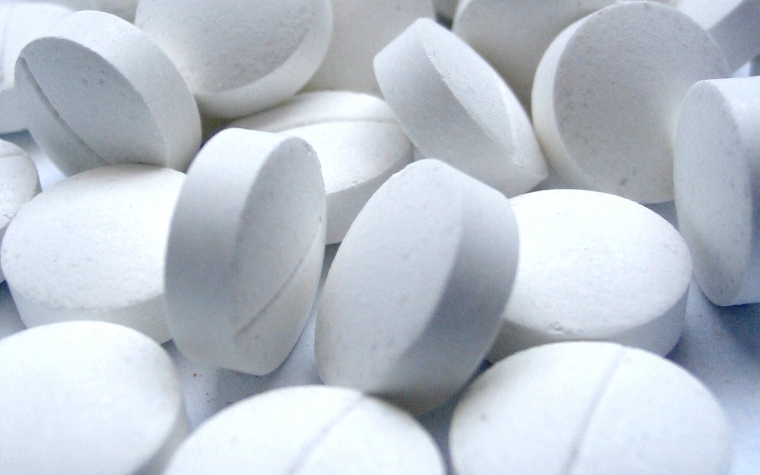AbbVie shared the successful results of its Phase IIb clinical trial on elagolix on patients suffering from heavy menstrual bleeding due to fibroids last week.
The detailed data was shared in an oral presentation at the third Congress of the Society of Endometriosis and Uterine Disorders.
"A majority of premenopausal women will be diagnosed with uterine fibroids and it is the leading indication for hysterectomy in the United States," George Washington University clinical professor of obstetrics and gynecology and Women's Health & Research Consultants medical director Dr. James A. Simon said. "The results presented today demonstrate that elagolix was well-tolerated and has the potential to be an important treatment option for women suffering from heavy menstrual bleeding associated with uterine fibroids."
The Phase IIb clinical trial included 567 premenopausal women between the ages of 18 and 51. The 24-week double-blind study compared two elagolix treatments alone and in combination with two different, add-back therapies to a placebo. All of the elagolix groups showed improvement in the mean endometrial thickness compared to the placebo group.
"Current non-surgical treatments indicated for uterine fibroids are limited, and women suffering from heavy menstrual bleeding associated with uterine fibroids need more options," AbbVie Vice President of Development and Chief Medical Officer Dr. Rob Scott said. "The positive results from this clinical trial represent a significant milestone in the development of elagolix, support AbbVie's ongoing Phase 3 uterine fibroids research and demonstrate our continued commitment to address complex and serious diseases."











 Alerts Sign-up
Alerts Sign-up